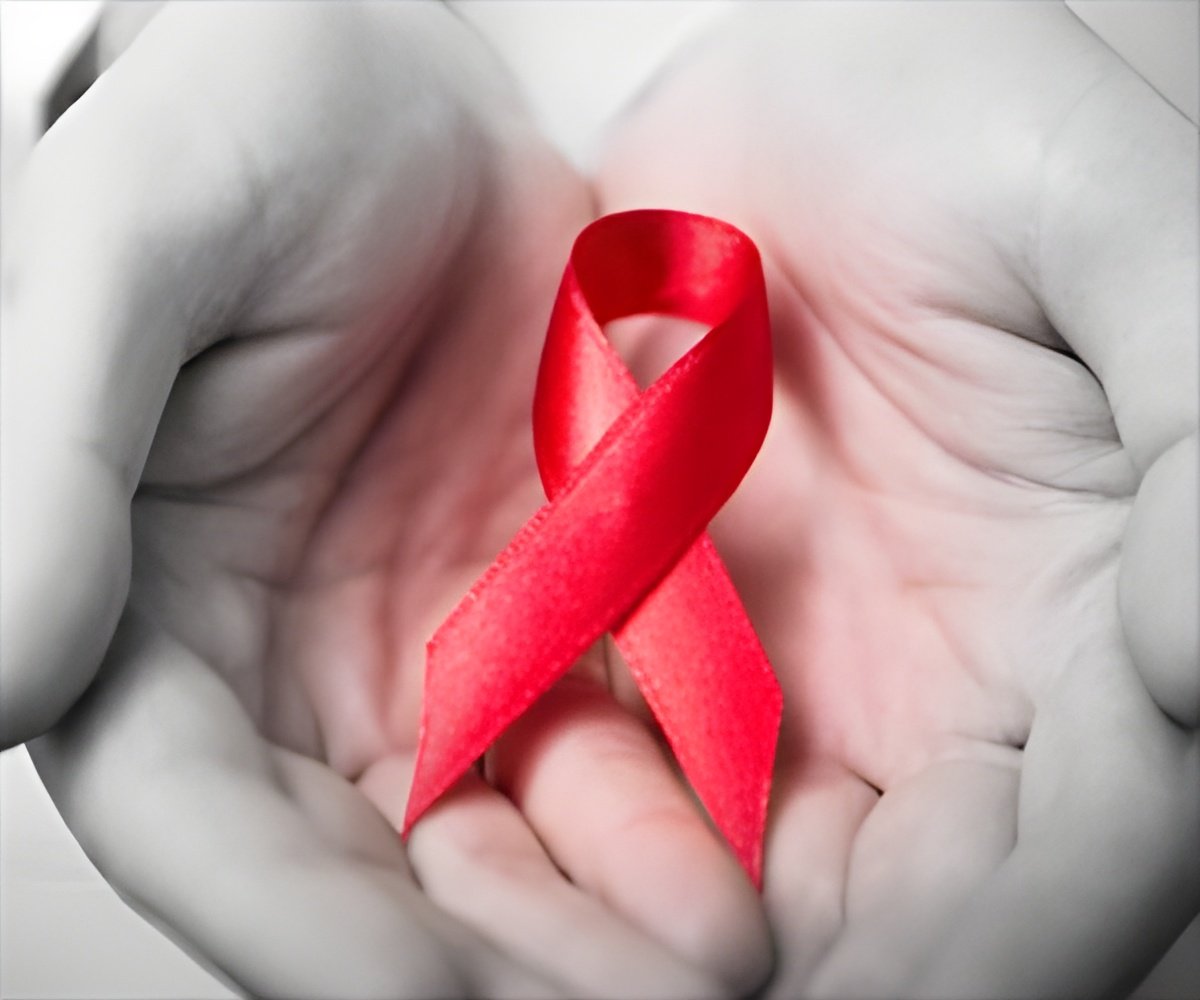
‘CRISPR-Cas9 and LASER ART when administered together, caused complete elimination of HIV virus. This could pave the way for trials in non-human primates and clinical trials in human patients soon.’
Read More..Tweet it Now
"This achievement could not have been possible without an extraordinary team effort that included virologists, immunologists, molecular biologists, pharmacologists, and pharmaceutical experts," Dr. Gendelman said. "Only by pooling our resources together were we able to make this groundbreaking discovery." Read More..
Current HIV treatment focuses on the use of antiretroviral therapy (ART). ART suppresses HIV replication but does not eliminate the virus from the body. Therefore, ART is not a cure for HIV, and it requires life-long use. If it is stopped, HIV rebounds, renewing replication and fueling the development of AIDS. HIV rebound is directly attributed to the ability of the virus to integrate its DNA sequence into the genomes of cells of the immune system, where it lies dormant and beyond the reach of antiretroviral drugs.
In previous work, Dr. Khalili's team used CRISPR-Cas9 technology to develop a novel gene editing and gene therapy delivery system aimed at removing HIV DNA from genomes harboring the virus. In rats and mice, they showed that the gene editing system could effectively excise large fragments of HIV DNA from infected cells, significantly impacting viral gene expression. Similar to ART, however, gene editing cannot completely eliminate HIV on its own.
For the new study, Dr. Khalili and colleagues combined their gene editing system with a recently developed therapeutic strategy known as long-acting slow-effective release (LASER) ART. LASER ART was co-developed by Dr. Gendelman and Benson Edagwa, PhD, Assistant Professor of Pharmacology at UNMC.
LASER ART targets viral sanctuaries and maintains HIV replication at low levels for extended periods of time, reducing the frequency of ART administration. The long-lasting medications were made possible by pharmacological changes in the chemical structure of the antiretroviral drugs. The modified drug was packaged into nanocrystals, which readily distribute to tissues where HIV is likely to be lying dormant. From there, the nanocrystals, stored within cells for weeks, slowly release the drug.
Advertisement
To test their idea, the researchers used mice engineered to produce human T cells susceptible to HIV infection, permitting long-term viral infection and ART-induced latency. Once infection was established, mice were treated with LASER ART and subsequently with CRISPR-Cas9. At the end of the treatment period, mice were examined for viral load. Analyses revealed complete elimination of HIV DNA in about one-third of HIV-infected mice.
Advertisement
Source-Eurekalert












